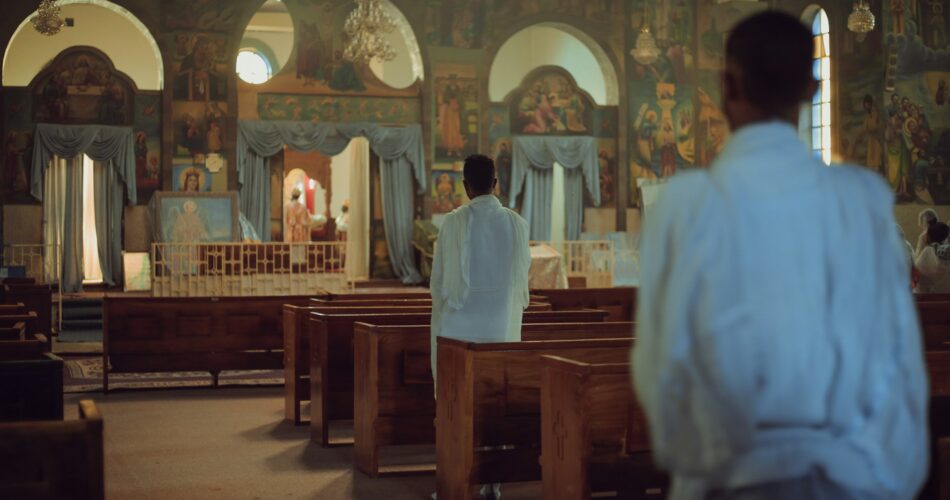This is injustice.
The Supreme Court of Nigeria has upheld the death sentence of Sunday Jackson, a Christian man who defended himself against an attack by Fulani herdsmen. The ruling has drawn widespread criticism, with human rights advocates calling it a “miscarriage of justice.” The case centers on Jackson’s self-defense after a herdsman named Ardo Bawuro attacked him on his farm in Adamawa State. Jackson, who was stabbed during the assault, wrested the weapon away from his attacker and killed him in the process. However, the trial judge, Justice Fatima Ahmed Tafida, sentenced him to death, ruling that Jackson should have fled rather than fought.
Emmanuel Ogebe, an international human rights advocate, criticized the trial, claiming the judge misinterpreted the Nigerian Constitution, which allows for self-defense. Ogebe argued that the judge’s logic was flawed, as she insisted Jackson should have run despite evidence that he was injured and unable to flee. He also pointed out that the trial was delayed far beyond the constitutionally mandated 90 days, contributing to the injustice. Christian leaders, including the Christian Association of Nigeria (CAN), expressed concern about the implications of the ruling, highlighting what they saw as discrimination against Jackson, who was attacked without provocation.
The case has sparked calls for a pardon from Adamawa State Governor Ahmadu Umaru Fintiri. CAN officials urged the governor to exercise his power of mercy, emphasizing the prolonged and unfair trial process Jackson endured. They noted the emotional and psychological toll of waiting for a death sentence after six years in custody. Religious freedom advocates also pointed to the broader context of violence against Christians in Nigeria, especially in the northern regions, where attacks by Fulani militants and extremist groups like Boko Haram continue to escalate.
Nigeria ranks as one of the most dangerous countries for Christians, with a significant percentage of global Christian deaths occurring within its borders. In the country’s north, violence perpetrated by Islamic extremist groups, including the Fulani herdsmen and jihadist factions like Boko Haram and ISWAP, has disproportionately affected Christian communities. The ongoing religious and ethnic violence in Nigeria has drawn international attention, with many human rights organizations highlighting the country’s dangerous environment for religious minorities.
As tensions remain high, the case of Sunday Jackson is emblematic of the struggles faced by many Christians in Nigeria, caught between violent attackers and a justice system that, critics argue, often fails to protect them adequately.
